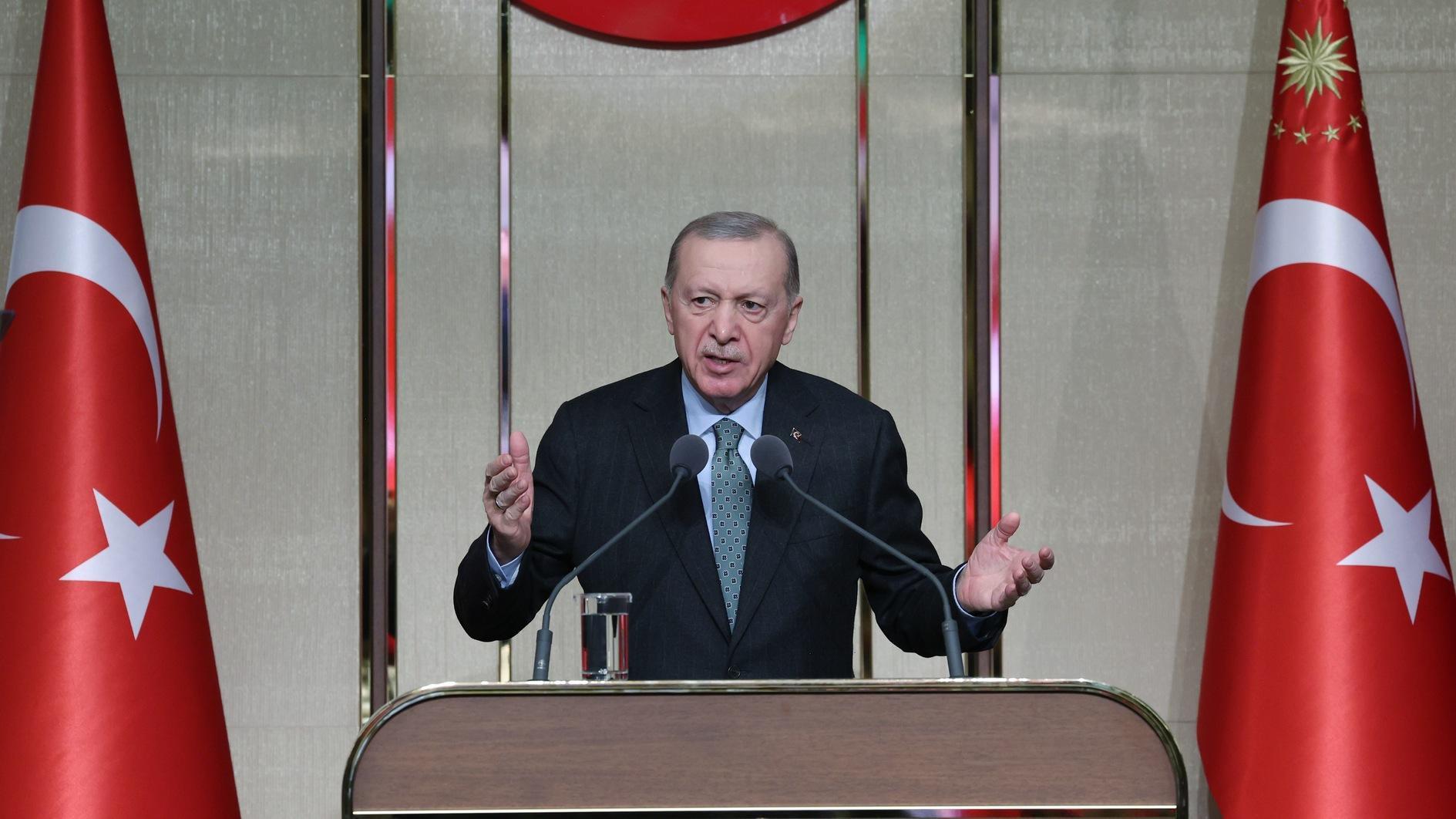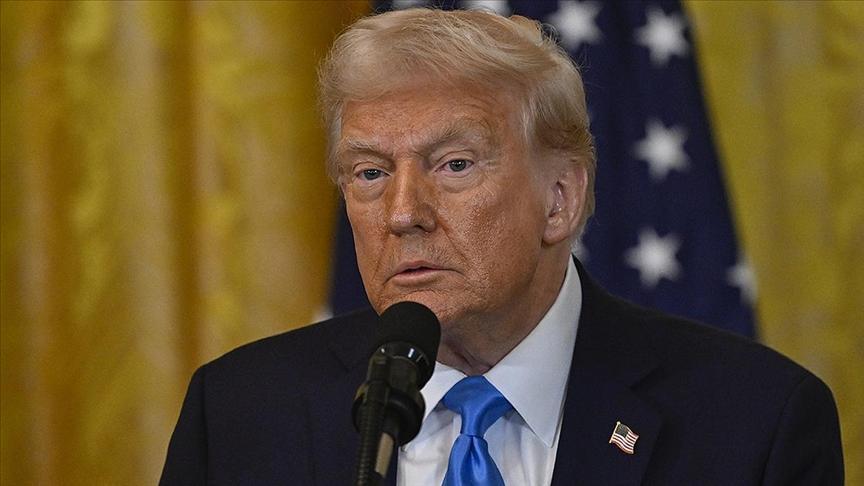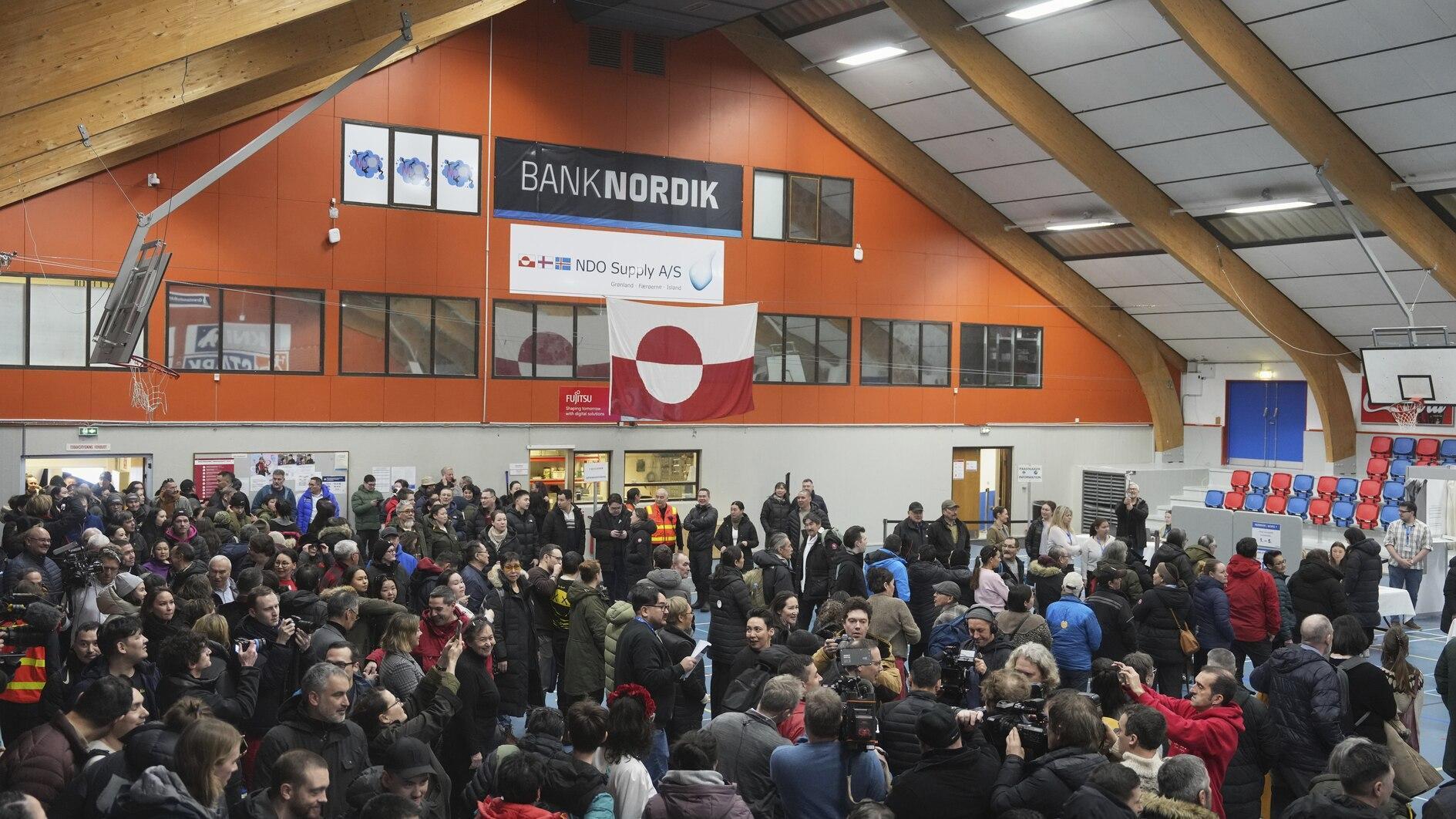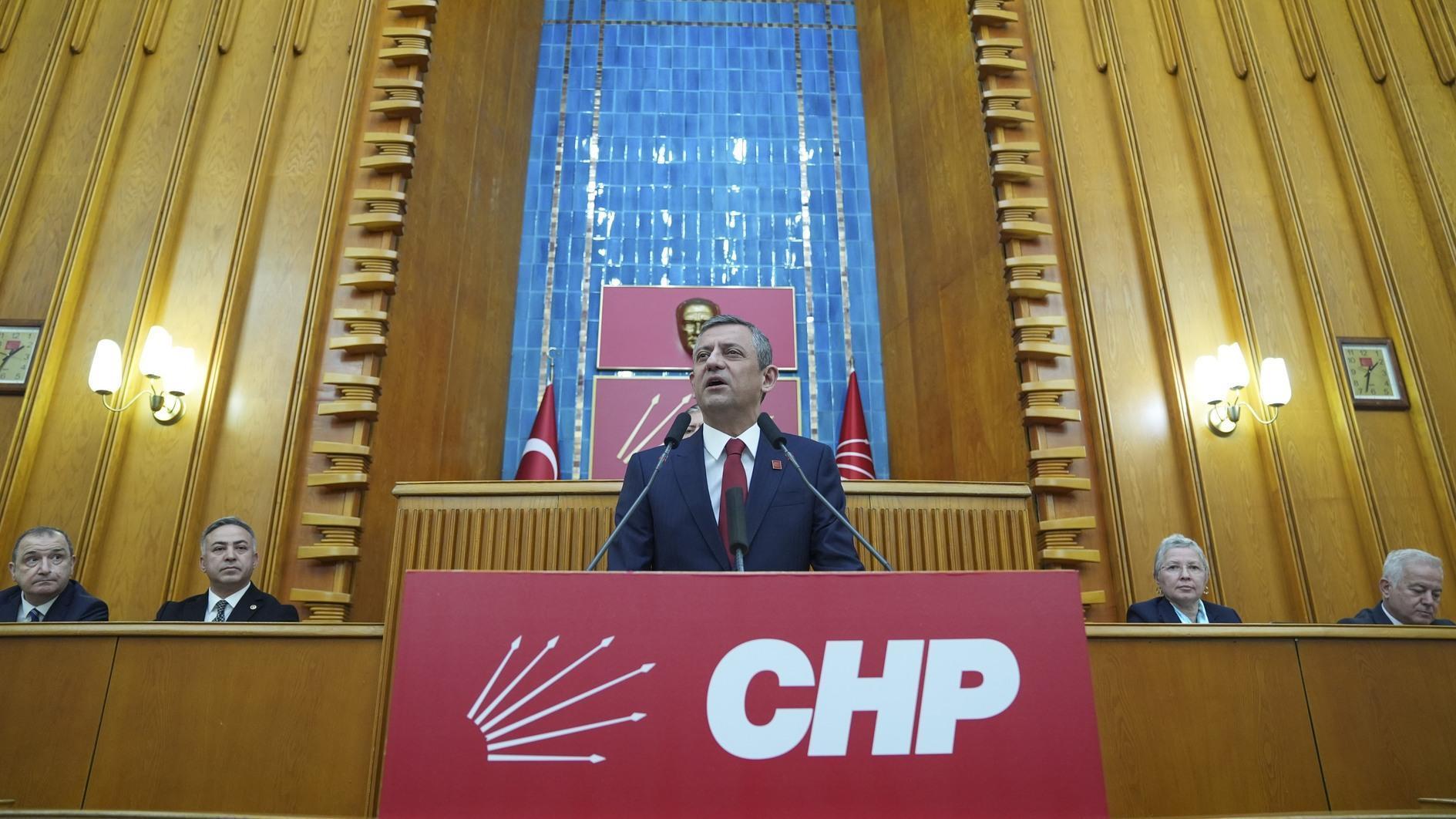South Korea decides on pullout from joint industrial zone
SEOUL - Agance France-Presse

A South Korean soldier walks past a barricade on the road leading to North Korea's Kaesong industrial complex, at a military checkpoint in the border city of Paju on April 25, 2013. AFP Photo
South Korea said Friday it had decided to withdraw all remaining staff from its joint industrial complex with North Korea for their own safety, after Pyongyang shunned an offer of formal talks.The move comes after months of tension and puts into further doubt the entire future of the Kaesong complex -- the last remaining symbol of inter-Korean cooperation and a crucial source of hard currency for the impoverished North.
South Korean companies active in Kaesong expressed shock at their government's announcement and said they would have to deliberate on the next steps.
South Korea on Thursday had given the North 24 hours to agree to formal negotiations on restarting stalled operations at Kaesong, warning of "significant measures" if Pyongyang declined.
After the North's top military body rejected what it described as the "fraudulent" proposal, the South's Unification Minister Ryoo Kihl-Jae said Seoul was left with no option.
"The government has made the inevitable decision to withdraw all the remaining people for their protection," Ryoo said in a televised press briefing.
"North Korea must guarantee the safe return of our personnel and fully protect the assets of the companies with investment in Kaesong," he added.
The Korean peninsula was engulfed in a cycle of escalating tensions -- triggered by the North's nuclear test in February -- when Pyongyang decided on April 3 to block all South Korean access to Kaesong.
Six days later, Pyongyang pulled out its 53,000-strong workforce and suspended operations, angered by the South's mention of a "military" contingency plan to protect its staff at the site.
While the North has allowed all South Korean personnel to leave the complex, 175 remained as of Friday.
It was unclear how the South Korean government planned to implement its decision, given that representatives of the 123 firms based in Kaesong have vowed to remain and protect their investment whatever steps Seoul announced.
An association representing the companies described the government decision as "very shocking" and said it would consult its member firms before conveying its official stance to the government.
"We feel very sorry and wretched because our efforts to maintain the Kaesong Industrial Zone with our blood and sweat have been fruitless," it said in a statement.
One Kaesong factory owner told AFP on condition of anonymity that the companies were still in talks with the government.
"After consultations, we will make a decision on the proposed withdrawal of our remaining staff in Kaesong. We cannot say now when our people in Kaesong will come back." Established in 2004, the complex lies 10 kilometres (six miles) inside North Korea.
The project was born out of the "Sunshine Policy" of inter-Korean conciliation initiated in the late 1990s by then South Korean president Kim Dae-Jung.
It operates as a collaborative economic development zone that hosts South Korean companies attracted by its source of cheap, educated, skilled labour, with turnover in 2012 reported at $469.5 million.
Ryoo's statement came hours after the North's National Defence Commission dismissed the offer of negotiations and insisted that any decisive move on Kaesong would come from its side.
Kaesong "is now on the verge of collapse", the statement said. "This is entirely attributable to the reckless war hysteria of the South Korean puppet regime." Even given the soaring tensions, the North's decision to suspend operations at Kaesong nearly three weeks ago had been unexpected, as neither side has allowed previous crises to significantly affect the complex.
Permanent closure would wipe out the last remaining point of contact and cooperation between North and South, which remain technically at war after the 1950-53 Korean War was concluded with a ceasefire rather than a peace treaty.
















